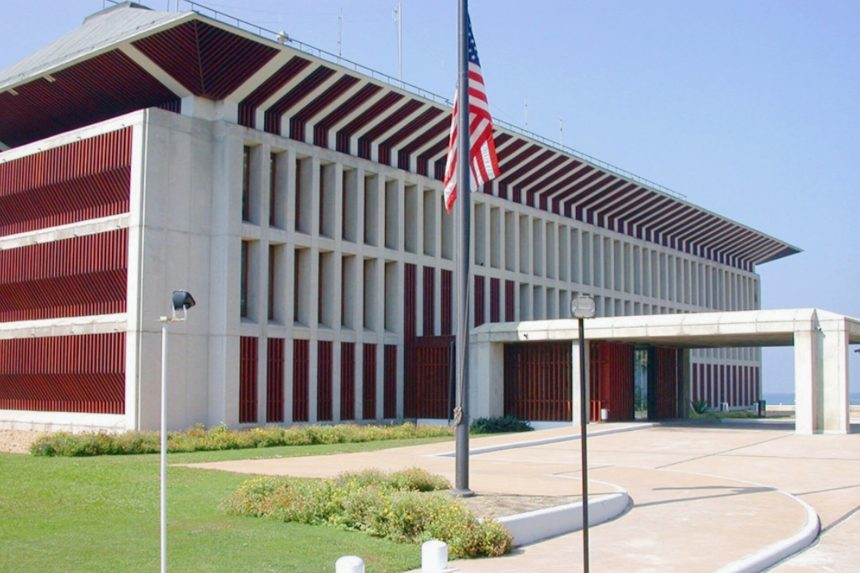The U.S. Embassy in Colombo, which also serves the Maldives, announced new screening protocols for non-immigrant visas. Applicants seeking F (academic), M (vocational), and J (exchange) visa’s must now set their social media profiles to public immediately, aiding identity verification and vetting under U.S. law.
The directive, effective immediately, requires applicants to disclose all social media accounts used in the past five years, making them accessible for U.S. consular review. Failing to comply could lead to visa denial and future ineligibility.
This policy follows a temporary halt on new student visa interviews in late May. After a June 18 directive from the U.S. State Department, consular offices were required to resume appointment scheduling—but only after implementing expanded social media vetting, which includes a two-step process and administrative review under Section 221(g) of the Immigration and Nationality Act.
Consular officers will scrutinize applicants’ posts and online presence for any indication of support for terrorism, hostility toward U.S. customs or institutions, antisemitic activity, or other prohibited content—a pivotal national-security consideration in today’s policy framework.
Officials are prioritizing certain categories, such as J-1 physicians and F‑1 students enrolling in U.S. institutions with low international student ratios. However, applicants should anticipate longer processing times, given the resource-intensive nature of these checks.
The new procedure builds on a 2019 requirement that visa applicants submit social media account details, expanding the scope to real-time profile reviews. US embassies across India, Pakistan and Sri Lanka are now enforcing the policy uniformly.
With the resumption of visa scheduling, students and exchange participants must proactively review privacy settings and clean their online presence to avoid delays—or worse, rejection.




